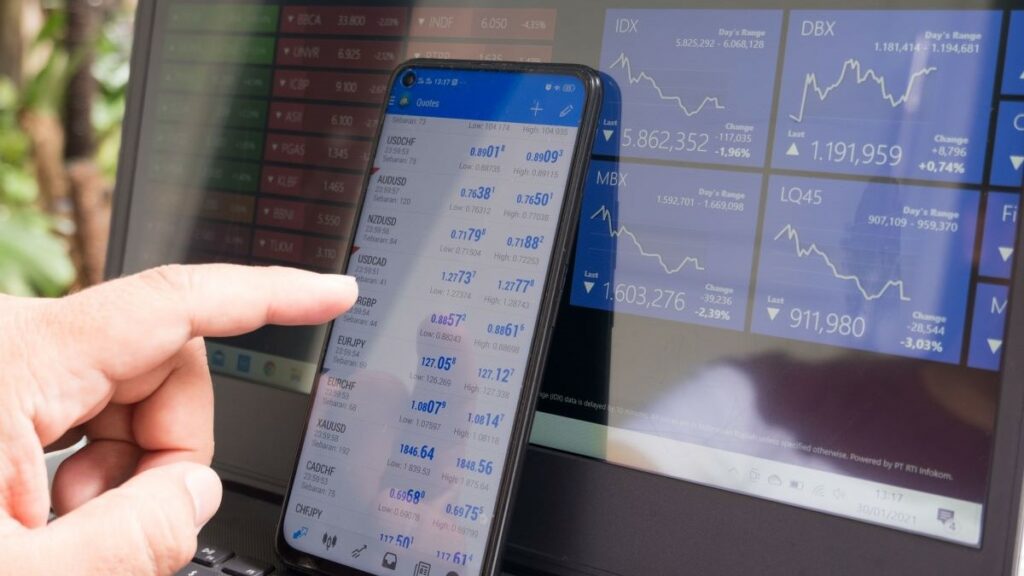Featured image by Marga Santoso via Unsplash
It is critical for forex traders to develop an understanding of trading psychology. Moreover, since forex trading is highly dynamic, you need a complete support system such as the one you will find on the SeaStock24.com brokerage platform.
SeaStock24 reviews consist of glowing accounts of how the platform’s team of account managers provide expert guidance. These account managers not only guide traders toward making profitable trades but also help them to develop the psychology they need for trading in the long term.
In this article, we look into trading psychology and offer a few hacks that will give you more profitable trades.
How Important Is Trading Psychology in the Forex Market?
Effective trading decisions are an integral part of making the right move. When it comes to trading in the forex market, understanding the volatility of the markets is crucial. Moreover, as the market is open around the clock, developing a trader’s psychology helps you to stay balanced, disciplined, and professional in dealing with ever-changing price movements.
Having control over your emotions is important. Understand that no movement in the capital market is in a straight line. The patterns of the price movements replicate a historical cycle. Therefore, an understanding of trading psychology will help you defeat the fear that can lead you into selling low and buying at all-time-highs.
Your personal trading psychology will depend on how you identify yourself. For example, if you identify as a short-term trader, you will have a different strategy for trading the capital markets than someone who identifies as a long-term trader. In short, how you intend to trade define your own trading psychology.
These factors combine to dictate the key factors that you must take a note of. While you’re trading, these factors will determine your trading journey. Moreover, you can feel free to discuss your plans with an account manager at SeaStock24.com and glean what you will from their experience.
RELATED ARTICLE: BECOMING A TRADER WITH A SMALL AMOUNT OF CAPITAL
Don’t Ever Miss These Three Important Trading Psychology Hacks
Here are three key hacks that every forex trader should heed. These hacks will help you master trading psychology:
Never Hurry
Traders are often in a hurry when it comes to finalizing their trades. The moment they enter the markets, anxiety creeps in. Often, their exit position is triggered by something they notice out of the corner of their eye.
Expert traders have learned to walk that fine line between acting too hastily and lingering too long. They have mastered the art of calmly observing all the key indicators before making unhurried decisions. But they have also learned not to sit too long on a position, as failing to act at the right moment could turn their profits to losses.
To help you manage the anxiety you’re likely to feel, learn to set a goal each day for your daily profit percentage. Then when you hit that mark, exit your trades. If on that day you don’t accomplish that goal, set a stop-loss order.
Don’t Compare Two Trading Days
Every day in the market is unique. Comparing two different trading days could quickly lead you down an unprofitable dark alley. Take each day as it comes.
Learn When to Exit
Learning this psychology hack is key to trading more successfully. Move on from the concept of averaging in trading. In other words, don’t try to catch a falling knife. Instead, be smart about exiting trades when you have experienced a reversal. Learn to save your capital.
RELATED ARTICLE: CAN CURRENCY TRADERS BEAT INFLATION WITH HEDGING?
SeaStock24 Account Managers Help You Learn Trading Psychology
SeaStock24 is supportive to traders, thanks to its team of account managers who help traders ace the forex market. Feel free to reach out to them soon, and learn all you can from them.
RELATED ARTICLE: MARKET ANALYSIS AND THE FOREX TRADER


